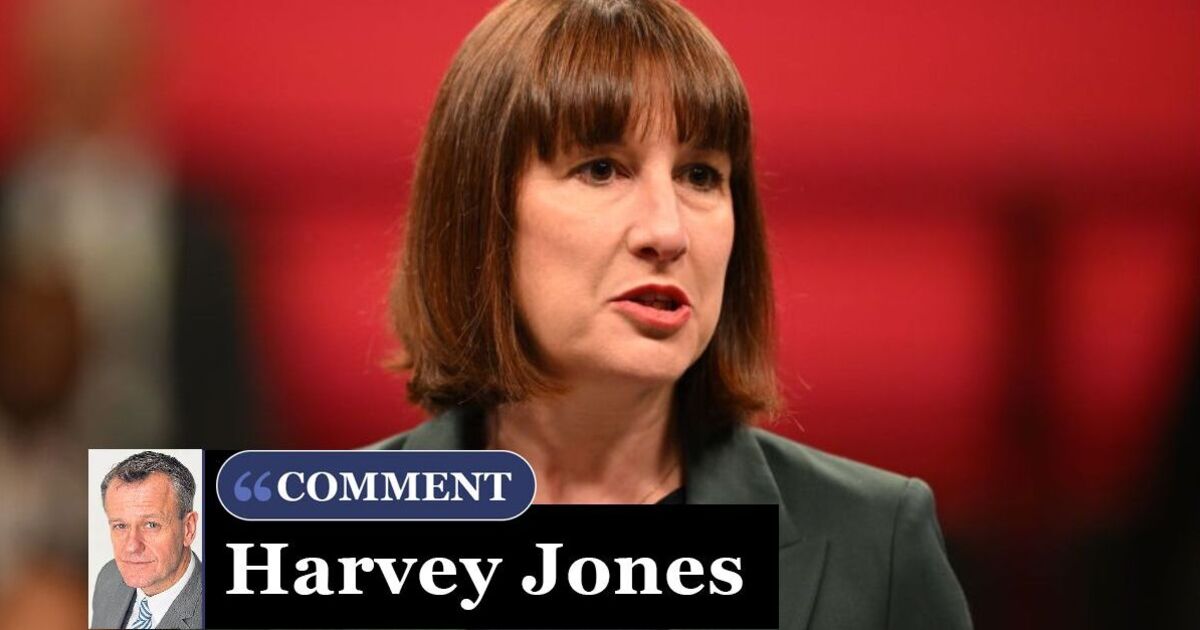
Labour has delivered where Tory ministers did not on NDA rules | Labour
Published: 2025-07-07 19:54:05 | Views: 9
The ban on the use of non-disclosure agreements (NDAs) to silence employees subjected to harassment and abuse is a significant and long-awaited moment – one that has been talked about since the advent of the #MeToo movement.
Such contracts, where employers usually agree to pay an employee in return for keeping information confidential, have been around for decades but entered the lexicon as a result of the appalling revelations of sexual abuse and discrimination faced by women in the workplace.
NDAs had originally been used for the understandable reason of protecting trade secrets when staff were moving jobs but have since become associated with a much darker purpose.
Their use – or misuse – entered the public consciousness when, in 2017, Zelda Perkins, a former aide of the American film producer Harvey Weinstein, decided to break an NDA to expose how he had used the gagging contracts to silence harassment victims.
The UK had its own reckoning with NDAs the following year when it emerged – only after an MP used parliamentary privilege to name him – that the billionaire businessman Philip Green had used them to prevent staff revealing sexual harassment and bullying allegations, which he denied.
Those scandals and others appeared to provide impetus for reform, with the then prime minister, Theresa May, promising to act swiftly on the problem. While in opposition, under the leadership of Jeremy Corbyn, Labour pledged to ban NDAs that stopped employees from disclosing discrimination, harassment or victimisation.
A 2019 report by the Commons’ women and equalities committee (WEC) found employers were routinely using NDAs to cover up allegations of such behaviour at work and said their use in these circumstances should be outlawed. The Conservative government of the time responded to the report by saying it would legislate to prevent the misuse of NDAs but never did.
In the meantime, evidence of their use in organisations as disparate as trade unions, charities, universities and media organisations proliferated.
Announcing the ban on NDAs being used to silence victims and witnesses of harassment and discrimination, the deputy prime minister, Angela Rayner, said it was not an issue confined to high-profile individuals or the most powerful organisations but was growing “sadly among those in low-income or insecure employment across multiple industries and workplaces”.
While ministers did not act, others did, including the solicitors’ regulator. It issued a warning notice, first in 2018 in light of evidence heard by the WEC, and then updated last year, which outlined a range of circumstances in which preventing disclosure would be improper.
Although solicitors are duty bound to abide by the warning notice, it is not the same as having a statutory prohibition, which is what the amendment to the employment rights bill will do.
Reacting to the proposal, Perkins said: “If what is promised at this stage becomes reality, then the UK will be leading the world in protecting not only workers but the integrity of the law.”
That is not to say there are not problems. In the past, people have suggested employers will have no incentive to settle without confidentiality, that NDAs expedite a quick settlement without having to go to a tribunal and can deliver higher payments.
But the trickle of revelations about them tells a different story: of a power imbalance between employer and employee being exploited to the detriment of the latter and those who came after them, who might otherwise have been forewarned of what they were getting themselves into. In the face of such evidence, it is easy to see why Labour has acted to fulfil a pledge that previous governments failed to deliver.
Source link







